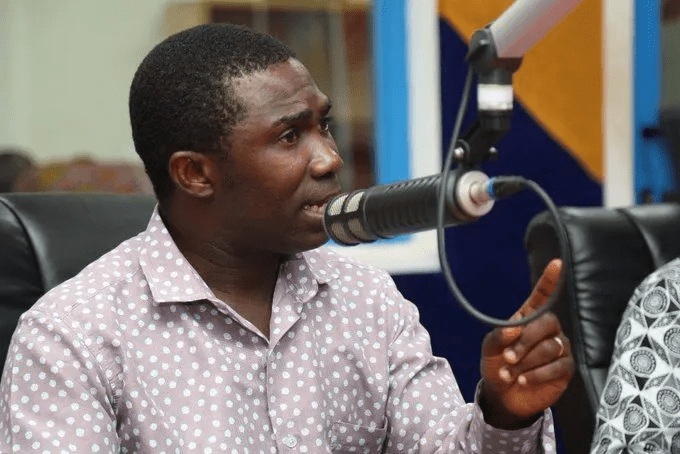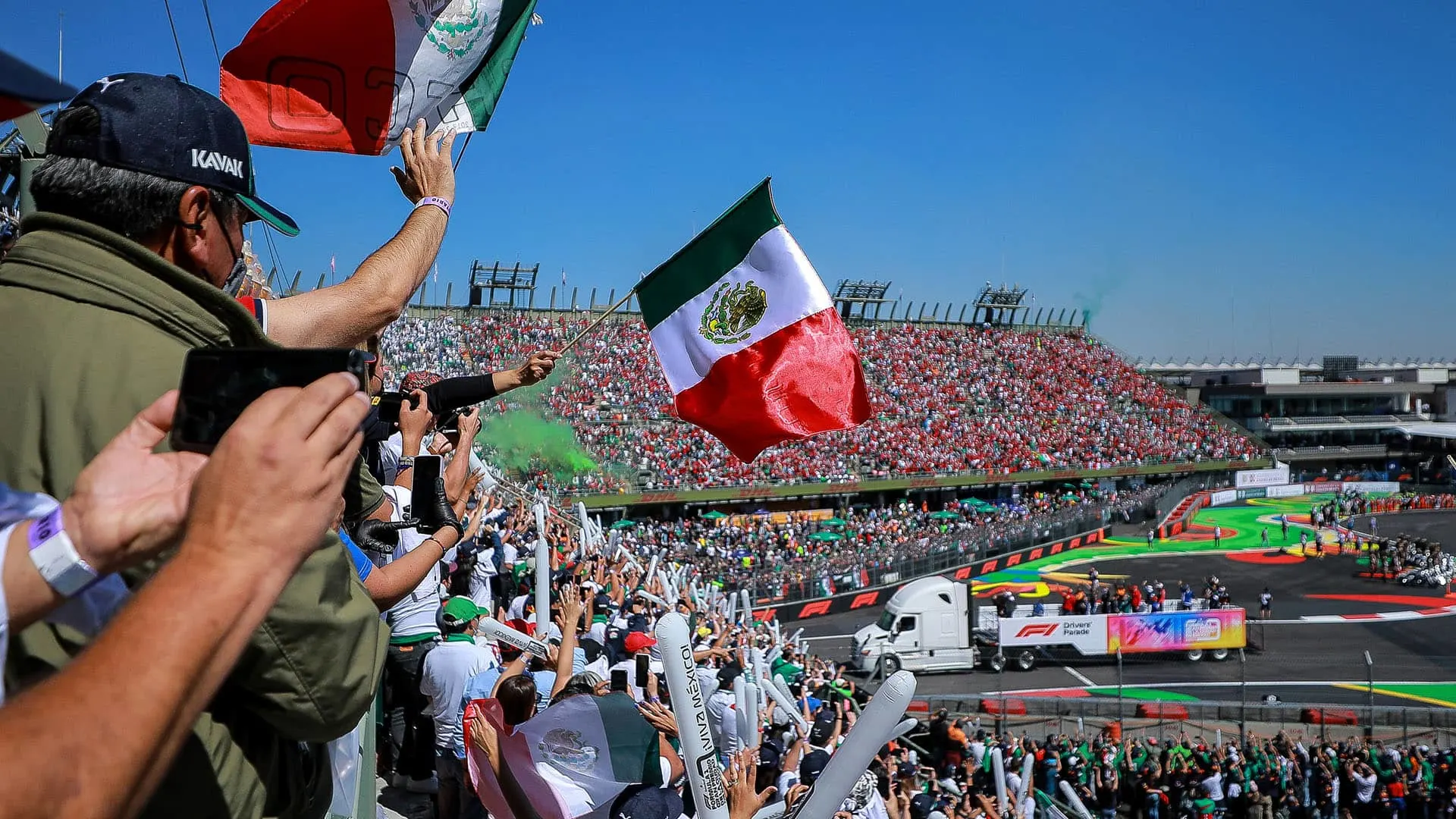Copyright ghanamma

Ghana’s agricultural sector has long been hailed for its potential to feed the nation and drive economic growth. Yet, experts warn that current policies have often prioritised crops for export over the staples that sustain households across the country. Dr. Frank Ackah, Senior Lecturer at the University of Cape Coast’s Department of Crop Science, says the country must urgently reorient its agricultural strategy to focus on food security and the needs of ordinary Ghanaians, rather than chasing foreign markets. “All of a sudden, farmers are moving away from what they are used to growing because they are being told what the external market wants,” he said. “We have to do more to come out with our own ways of doing things.” Dr. Ackah explained that over the years, cash crops like cocoa, MD2 pineapples, and other export-oriented products have dominated development programs. While profitable, these initiatives often sideline indigenous staples such as yams, cassava, plantains, and local sweet potato varieties, the foods that form the backbone of Ghanaian diets. He further noted that local farmers face constant pressure from government and donor-driven programs to prioritise crops for export. These policies, he warned, risk undermining local food systems and making smallholder farmers overly dependent on external markets. The expert also highlighted insufficient investment in improving the varieties and yields of staple crops. For example, while sugarloaf pineapples are well-adapted and widely grown locally, export demands have pushed farmers toward MD2 varieties, which are more susceptible to pests and less suited to local conditions. Similarly, efforts to promote orange-fleshed sweet potatoes have often overlooked the more resilient indigenous types. “Every region in Ghana grows yam, and it’s central to our food culture,” Dr. Ackah said. “Yet, too much attention goes to crops that feed the export market instead of feeding our people.” He argued that a strategic focus on indigenous crops could simultaneously improve food security, strengthen local economies, and preserve Ghana’s agricultural heritage. Dr. Ackah emphasised that Ghana’s agricultural policies should be guided by the principle of feeding its people first, with export markets serving as a complement rather than a replacement. By prioritising local needs, he believes the country can secure both national food security and long-term economic resilience.



